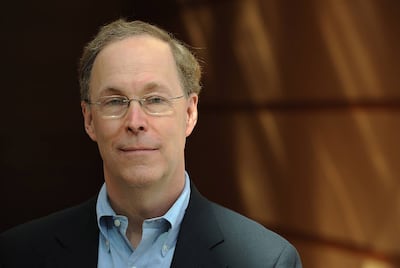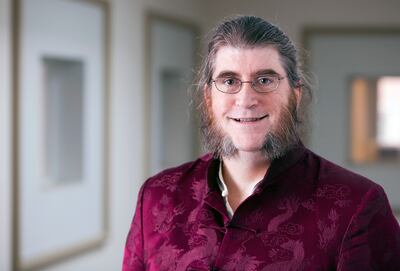The Nobel Prize in Economics has been awarded to three banking experts, including Ben Bernanke, a former chairman of the US Federal Reserve.
Douglas Diamond and Philip Dybvig complete the trio, who are all economists in the US.
They were commended for their research into banks and financial crises.
Mr Diamond said that he and Mr Dybvig thought financial crises “become sort of worse when people start to lose faith in the stability of the system”.
“That is all related to basically how profitable they think the banking sector is, in addition to being stable,” he said.

“So, in periods when things happen unexpectedly, like many people are surprised about how rapidly nominal interest rates have gone up around the world, that can be something that sets off some fears in the system.”
He said banks were much better prepared to face future crises.
Unlike other Nobel prizes, the economics award was not established in Alfred Nobel’s will of 1895 but by the Swedish central bank in his memory. The first winner was selected in 1969.

Last year, the award was split between three people. David Card, Joshua Angrist and Guido Imbens were credited with using unplanned natural experiments to make discoveries about schools and the labour market.
A week of Nobel Prize announcements began on October 3 when Swedish scientist Svante Paabo received the award in medicine for unlocking secrets of Neanderthal DNA that provided insights into our immune system.
Three scientists won the prize in physics on Tuesday. Frenchman Alain Aspect, American John Clauser and Austrian Anton Zeilinger had shown that tiny particles can retain a connection to each other even when separated, a phenomenon known as quantum entanglement.
The chemistry prize was awarded on Wednesday to Americans Carolyn Bertozzi and K Barry Sharpless and Danish scientist Morten Meldal for developing a way of “snapping molecules together” that can be used to explore cells, map DNA and design drugs to treat diseases such as cancer more precisely.
French author Annie Ernaux won this year’s Nobel Prize in literature on Thursday. The awards panel commended her for blending fiction and autobiographical writing in her books.
The Nobel Peace Prize went to jailed Belarusian human rights activist Ales Bialiatski, Russian human rights group Memorial and Ukrainian organisation the Centre for Civil Liberties, on Friday.
This is a developing story and will be updated.


